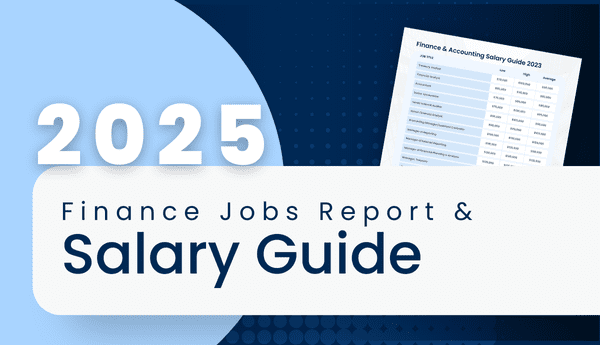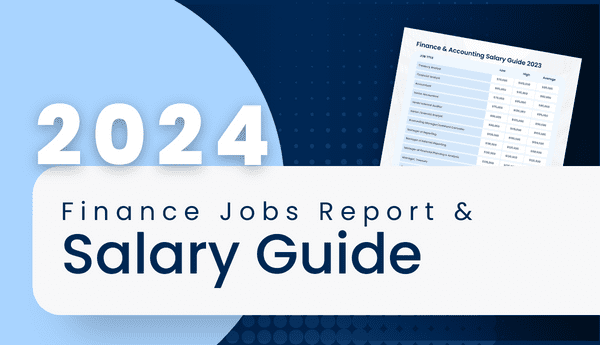This article originally appeared in the September 2014 issue of The Bottom Line.
By Frank Wdowczyk
In this day and age when everyone does more with less, the role of professional accountants is being pushed to the limit. Now more than ever, accountants are asked to be the gatekeeper of all things financial, and also participate in non-monetary matters.
One area that many accountants find themselves being pulled into is hiring. This is especially true for small accounting firms or businesses where there isn’t a dedicated HR function to lead the staffing charge.
As an accountant, if you find yourself faced with filling a vacancy on your team or in your organization, don’t despair. Whether you need to hire a junior accountant or an IT support person, there are a few things you can do to identify and secure the best and brightest talent.
Define Your Hiring Needs
Before you even think about posting a job description, you must clearly define what you need in your new hire. Start by identifying:
- The main duties or tasks of the job;
- The ideal candidate’s essential competencies and performance behaviours (ex. skills and personal qualities);
- The ideal candidate’s past training and experience.
Once you have a detailed understanding of what you need, narrow things down to three indispensable items in each area, and then draft your job description. By doing so, you eliminate irrelevant details and create a focused understanding of what the job is about, giving you a better chance of attracting the right candidates.
Distribute, Post and Share
The next step is sharing your job description in places top candidates will look. At the very least, you should host your job opening on your company website. This not only allows your web traffic to see the job ad, but also creates a link you can share on social media sites like LinkedIn. By posting an update to your LinkedIn network or sharing the opportunity in your favourite LinkedIn group, you expand your reach and increase your chances of finding someone who fits the bill. Also consider posting your job on one of the heavy-hitter job sites such as Monster or Indeed. Be warned, however, if you get 100 resumes back, chances are only five will be solid leads.
Tip: When it comes to accounting roles in particular, a great place to share your job opportunity is through professional associations. This is especially true if you’re looking for a candidate with an accounting designation.
Screen Resumes
You have drafted a job description, posted it online, and now have an inbox full of resumes. This is when the real work begins. Arm yourself with the job description, detailed needs assessment and a fresh cup of your favourite caffeinated beverage. Then, keep the following things in mind as you start whittling down the pile:
- Overall look and feel. What are you initial thoughts on the resume? Do a quick scan of the titles. Are they appropriate precursors for your particular opportunity? If not, move on. Are there grammatical errors or spelling mistakes? If so, move on.
- Progression. Is the candidate showing a natural progression on their resume? Is their career following a logical career path? If so, you may want to keep these resumes.
- Education and professional develop. Has the candidate invested in an appropriate level of education or training for the role? Does their resume showcase a commitment to ongoing learning? If so, keep these resumes.
Slowly by surely, you will start reducing your pile and focusing in on the best candidates. As you go, don’t shy away from being clinical and critical when developing your shortlist. Remember, this person is potentially going to be a new team member. You need to be rigorous to make sure you make the right hire.
Finally, try not to get too bogged down by the resumes that aren’t the right fit. It doesn’t mean they are bad resumes or people; they just aren’t what you are looking for at this particular point in time.
Conduct a Phone Interview
Phew! You’ve survived the resume screening phase and now have a smaller stack of candidates that look great on paper. Give yourself a little pep talk and keep reading; your work isn’t over quite yet.
One of the best ways to weed out candidates who may look the part but don’t have what it takes to succeed is the phone screen. Among other things, the phone screen allows you to assess a candidate’s communication skills. If the candidate can’t express their thoughts or experiences in a clear, concise way, they probably aren’t going to be able to do it in a face-to-face meeting or in the role.
The phone screen is also a great time to investigate why a candidate is interested in your opportunity. Is the candidate desperate or are they making a move for the right reasons? Take this time to feel out their key motivators. For example, is the candidate money-motivated? Are they looking for a better work environment, or a shorter commute? Once you have a clear understanding, ask yourself if their motivations are in line with the role and your company.
Finally, don’t be afraid to use the phone screen to tap into your “spidey senses.” Be direct and ask questions that help you decide whether it’s worth having this person in for a full interview. By conducting a short phone screen you will inevitably save yourself time and money down the road.
Standardize Your Interviews
By this point, you should be able to focus on three to five star candidates. Having already conducted a phone screen, your in-person interviews should delve deep into business and role-specific questions.
Ask specific questions about the candidates’ past experience. Focus not only on their skill set but also on what the candidate learned and could have done better.
One key trait that is highly sought after in top talent, but rarely screened in interviews, is a candidate’s grit and resilience. In other words, do they have an ability to see projects through under challenging circumstances. To identify these traits in a potential hire try questions like: “Tell me about a time where a process wasn’t going well? What did you do? How did you get through it?”
Regardless of the number of candidates you are interviewing, strive to use the same format for each session. Develop and stick to an interview structure that includes asking the same questions to each candidate. Take notes and rank candidates during and after each interview. This will help you debrief the experience with your colleagues and ultimately make a better decision.
Focus on What Really Matters – Finding the Best Hire
Before the offers go out, the champagne is popped and high fives passed around, make sure you take the time to conduct a thorough hiring process from the start. If you have any doubts or feel out of your league, don’t be afraid to enlist the help of a hiring agency. Recruiters can save you time and hiring headaches by tapping into their extensive talent networks. Also, if you lack the knowledge to truly understand the role and skillset needed in your new hire, a specialized recruiter with years of experience filling similar roles can be an extremely valuable partner.
Remember, at the end of the day, the most important thing is securing a successful hire, someone who will perform and stay in the job.
This article originally appeared in the September 2014 issue of The Bottom Line.



